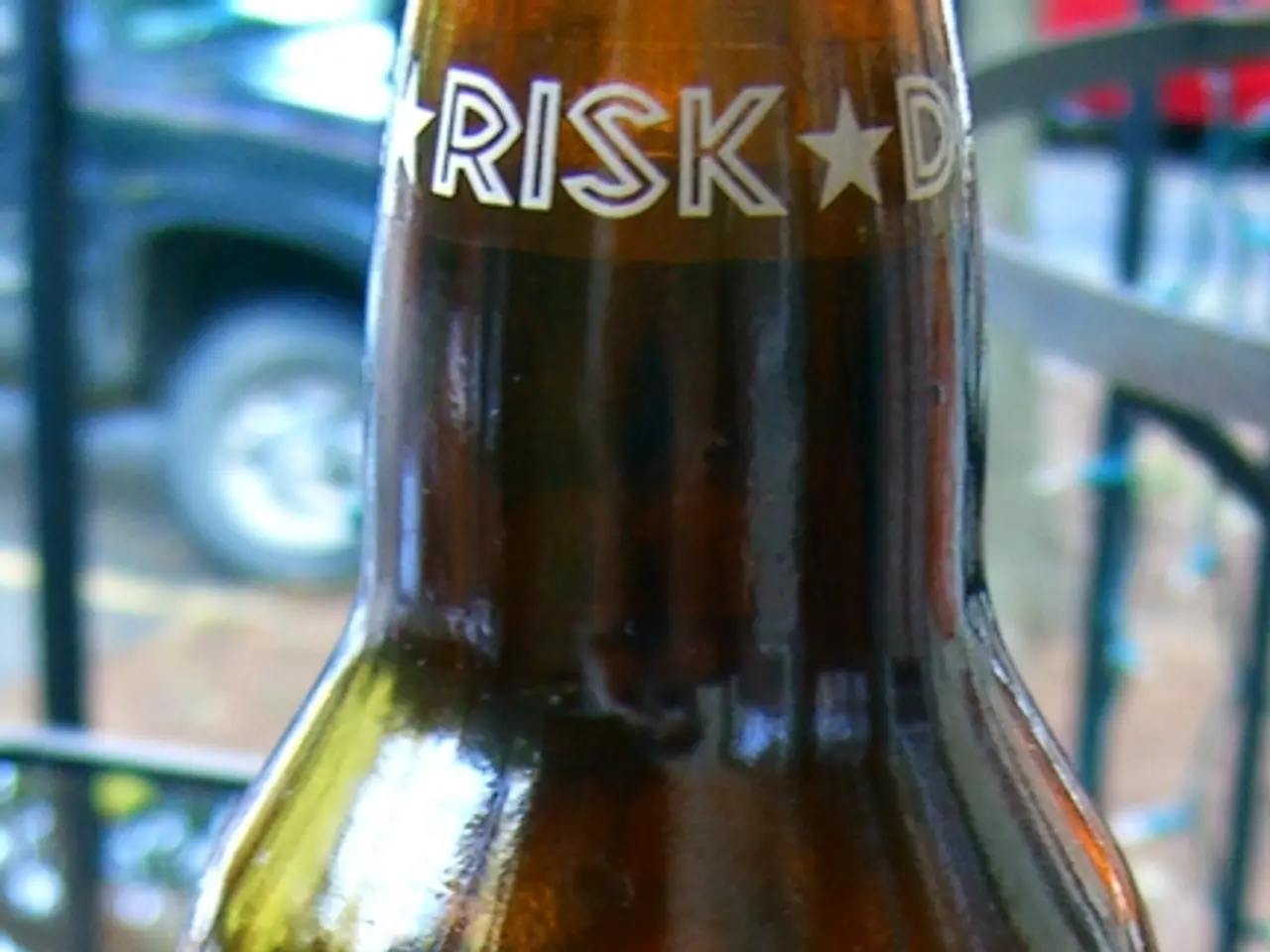Elderly Woman, 61, and Young Man, 22, succumb to heat-related illnesses in Cádiz and Jaén
Heatwave Warnings and Preventive Measures in Andalusia, Spain
As the summer heatwave continues to grip Andalusia, Spain, authorities are urging the most vulnerable populations to take precautions to avoid heat-related illnesses and fatalities.
The recommended measures, actively promoted by Andalusian emergency services during red alert heatwave conditions, focus on hydration, avoiding heat exposure, and protection from fire risks.
Staying hydrated is crucial, with the advice to drink water every two hours. It's also recommended to avoid going outdoors during midday or peak heat hours, and to eat light meals to reduce metabolic heat.
To keep homes cool, residents are encouraged to close windows, curtains, and blinds during the hottest part of the day. When outdoors, wearing hats, approved sunglasses, and light-colored clothing, and always carrying water, is advised.
Special attention is given to the elderly, chronically ill, young children, and homeless. Authorities are providing access to climate shelters, hydration stations, and public cooling spaces such as sports centers and civic centers.
Increased wildfire risks due to dry vegetation necessitate caution. Activities that could spark fires should be avoided. Emergency services, including the 112 hotline, are available 24/7 for assistance.
The Andalusian Coordination Protocol against the Health Effects of Excessive Temperatures 2025 aims to reduce the health impact associated with the increase in summer temperature and possible heatwaves, with special attention to the most vulnerable collectives.
Unfortunately, this summer has seen tragic losses. A 61-year-old woman and a 22-year-old man have died from heatstroke while working in public areas in Cádiz and Jaén, respectively. Both victims had personal medical histories considered special risk factors for heat-related illnesses.
The deaths occurred during the period from July 13 to August 11, and it's estimated that 141 deaths during the same period are attributable to temperature excess, which is 31 more than the previous year.
To face high temperatures, Health recommends avoiding direct exposure to the sun during peak hours and using maximum protection, such as light clothing, hats, sunglasses, sunscreen, maintaining good hydration, and eating fruits and vegetables.
Since the start of the season and up to August 2, 897 emergencies have been registered for heat-related pathologies in Andalusia. Of these, 598 were attended in primary care and 299 in hospital care.
18 cases of heatstroke in the community have been reported, all requiring hospital admission and seven resulting in deaths.
The strategy of the Andalusian Coordination Protocol against the Health Effects of Excessive Temperatures 2025 is based on predictions from the State Meteorological Agency (AEMET) and the establishment of alert levels.
Heat-related deaths this summer reach 1,500, a 42% increase from 2024. Other vulnerable groups include people who live alone, are homeless, have unfavorable economic conditions, have excessive exposure to heat due to work or educational centers, or practice high-intensity physical sports or leisure activities.
People whose work involves exposure to the sun are advised to moderate physical exertion during hotter hours and should avoid direct sun exposure for babies or children under 6 months.
[1] Andalusian Health Service [2] AEMET [3] Andalusian Government [4] Red Cross
- To combat the rise in chronic diseases and respiratory conditions exacerbated by heatwaves, workplace-wellness programs should incorporate average health-and-wellness guidelines, such as fitness-and-exercise routines, mental-health support, and medical-condition accommodations.
- The science behind workplace-wellness initiatives indicates that a proactive approach can mitigate the negative effects of extreme temperatures on employee productivity, leading to increased workplace efficiency and reduced instances of heat-related illnesses.
- The Andalusian Health Service, AEMET, Andalusian Government, and Red Cross can collaborate on therapies-and-treatments for heat-related medical conditions, providing education to the public and developing community resources to address the surge in heatstroke cases during summer heatwaves.
- The government can allocate resources to establish climate shelters, hydration stations, and public cooling spaces designed to cater to the needs of the most vulnerable, including the elderly, chronically ill, and homeless, thus promoting overall workplace-wellness and helping mitigate summer fatalities.
- By integrating fitness-and-exercise programs, mental-health resources, and health-and-wellness education into workplace policies, organizations can not only improve productivity but also create a culture where employees prioritize their well-being—a key factor in preventing heat-related illnesses and chronically severe medical conditions.




